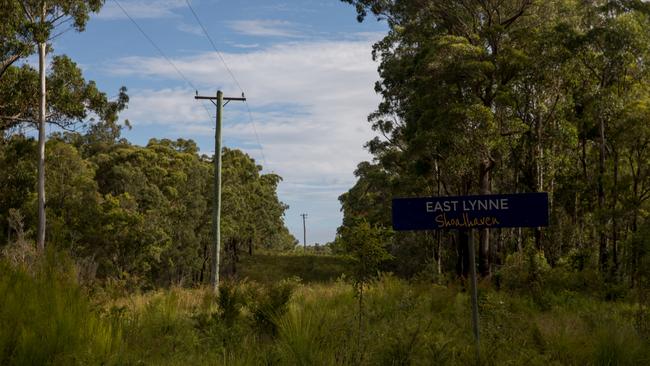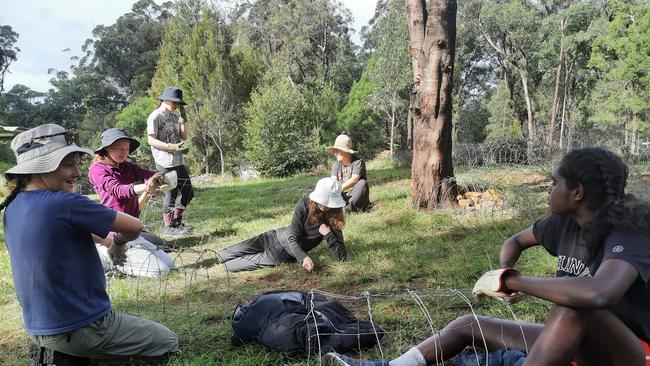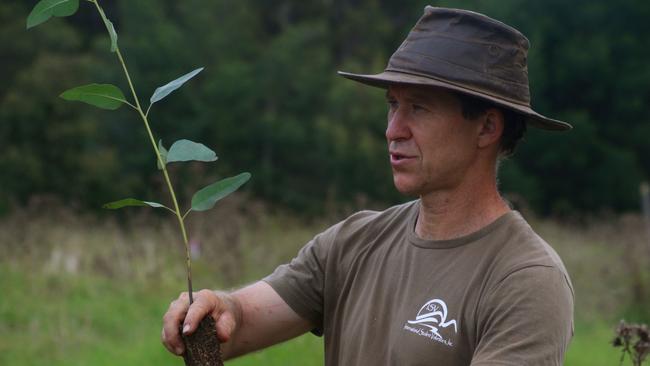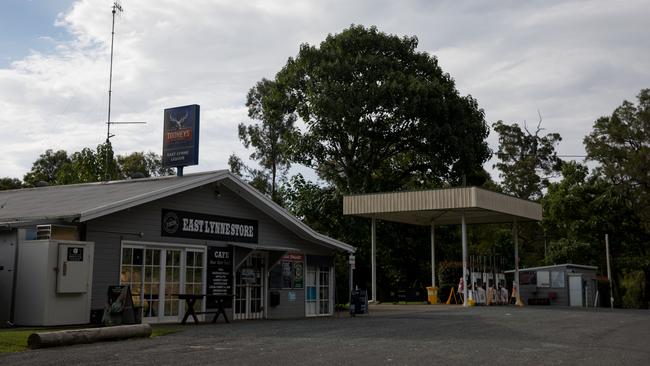Shock discovery breathes life into crusade to save south coast koalas
For more than two years residents have hoped a koala colony would return to the coast after bushfires destroyed their habitat but a new sighting has renewed optimism the beloved marsupial is back.
The South Coast News
Don't miss out on the headlines from The South Coast News. Followed categories will be added to My News.
Optimistic wildlife warriors are excited about new research revealing a family group of koalas has likely survived the devastating Currowan fire and the resulting lack of food, and is residing in East Lynne.
The Black Summer bushfires left a trail of destruction across the south coast and the koala colony was believed to have disappeared from the East Lynne area for good.
Every so often, blurry images would appear on local message boards purporting to be evidence that the beloved marsupial had survived, hiding out somewhere in the Batemans Bay forests.
For the Euroboalla Koala Project, whose forensic search for the Aussie icon sees them scouring forest paths and decaying leaf litter across the region, the pieces slowly started to fit together in 2020.

In 2021, the group began a large-scale survey of the area, in association with the Great Eastern Ranges World Wildlife Fund for Nature “Cores, Corridors and Koalas” South Coast Project co-hosted by the Coastwatchers Association.
The study’s lead author, Keith Joliffe, said the search was challenging.
“I often say to people it feels like chasing bigfoot,” he said.
“Every now and again you get some credible sightings.”
After receiving word of a koala sighting, the community-run Eurobodalla Koala Project would visit the location and look for scuffs or scratches on the trees, or any indication koalas may have been there.
“If they find scats that might suggest a koala, we can usually make a rough judgment ourselves, but we usually take them to the Australian National University to get them properly identified,” he said.
“And, if they have fresh ones, you can take DNA from them and learn a bit more about the koala.”
While dedicated groups such as the Eurobodalla Koala Project has worked tirelessly to improve the area for koala habitation, it is the next generation who will take up the mantle of the long-term project combating deforestation, climate change and bushfires.

In January, the youth-run, ecological education group The Crossing began its search for its first ever Koala Country Recovery Trainees.
For more than two decades, the group has operated training camps for local students out of its award-winning Bermagui campus but the new trainees would be in the first program of its kind, with young indigenous people coming onboard, according to project director Dean Turner.
Their work will include habitat surveying, working with fire sticks on cultural burning programs, and also looking at planting opportunities, he said.

“There is a growing body of knowledge developing in that area down here,” he said.
“Knowledge that has been with Aboriginal people for a long, long time.”
Mr Turner said he expected the application process to start in the new few months.
Meanwhile in East Lynne, Mr Joliffe said there was still a lot of work to be done, but held out hope that there was the possibility for the area to sustain up to four family groups.
“It‘s important to try and repair and protect the habitat in the hope that koalas can revise naturally,” he said.
“We don’t expect them ever to reach the numbers where you and I could go out and easily see them, but we’d like them to be back at the point where we know they’re not extinct.”

Development was the big killer of koala habitat outside of bushfires and climate change, Mr Joliffe said.
“Land clearing is still happening in our area but tends to be more of a chipping away,” he said.
“Just clearing dangerous trees from a roadside or having a new housing development chips away at the broad scale landscape.
“The koalas are not going to survive if we don‘t provide them with a habitat.”




